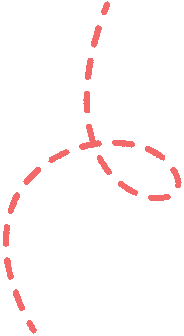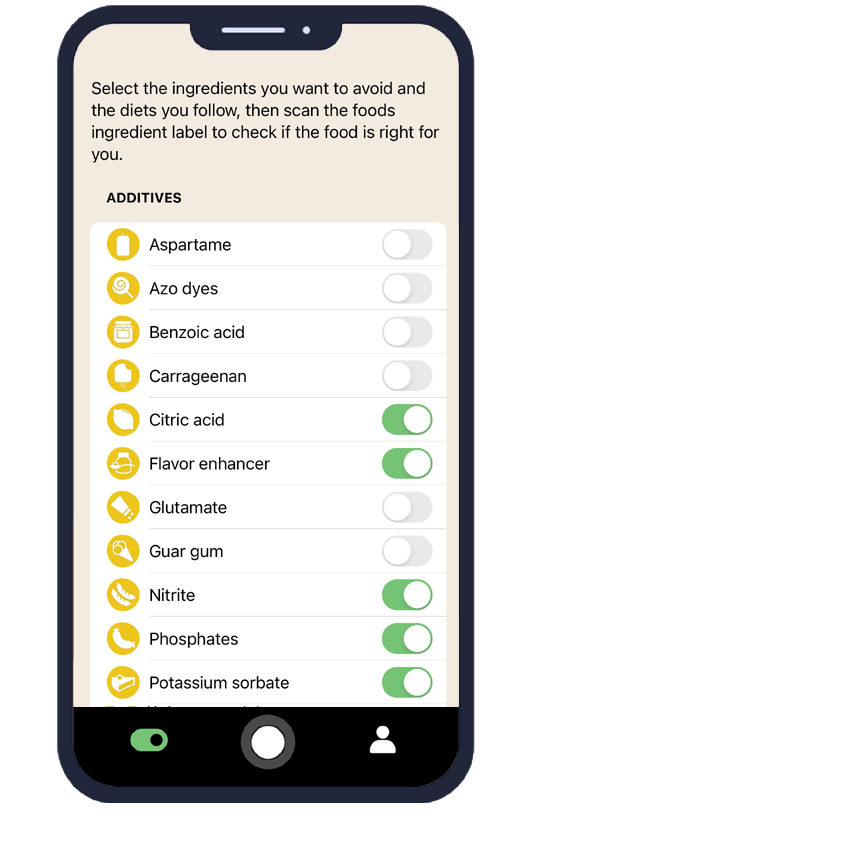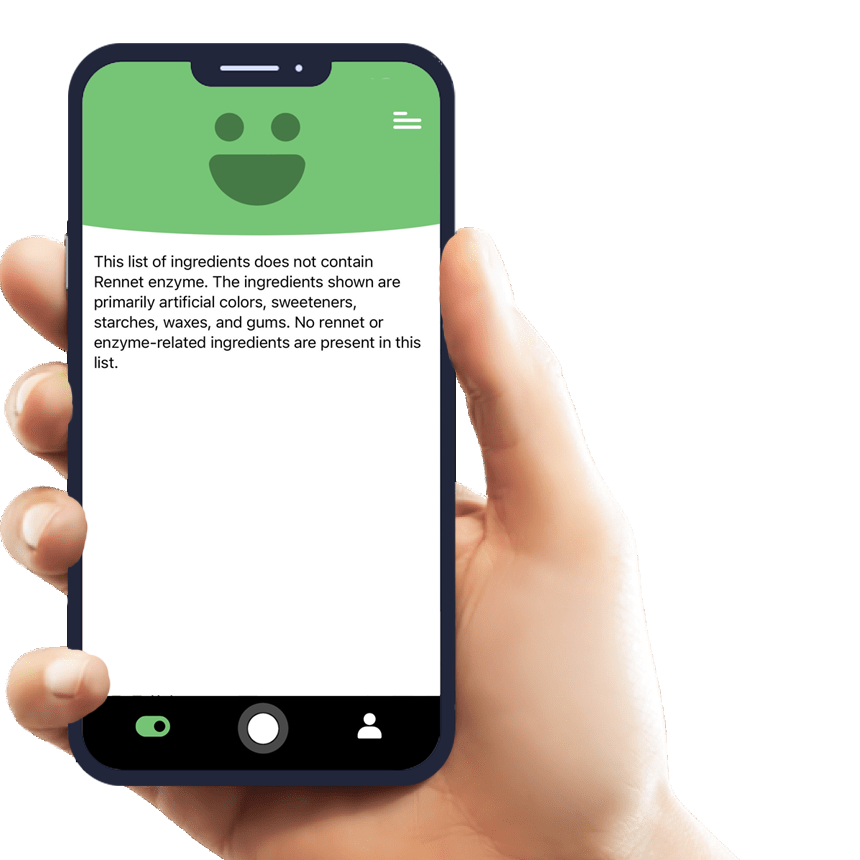Everything You Need to Know About Halal (Islam) Food and How AI Eat This Can Help
Halal (Islam) dietary laws represent one of the most important aspects of Islamic faith, guiding millions of Muslims worldwide in their daily food choices. These religious dietary laws, derived from the Quran and Islamic teachings, determine which foods are permissible and which are forbidden for observant Muslims. In today's complex food landscape, identifying halal (Islam) compliant products can be challenging, especially when ingredient lists contain unfamiliar terms or are written in foreign languages. This is where the AI Eat This mobile app becomes invaluable, offering instant ingredient scanning and personalized dietary filters to help consumers maintain their religious dietary compliance with confidence.
What Are Halal (Islam) Dietary Laws and Requirements?
Halal (Islam) dietary laws form a fundamental pillar of Islamic practice, establishing clear guidelines for food consumption based on religious principles. The term "halal" literally means "permissible" in Arabic, encompassing all foods and beverages that comply with Islamic dietary restrictions as outlined in Islamic scripture and jurisprudence.
Core Principles of Halal (Islam)
The foundation of halal (Islam) dietary laws rests on several key principles that govern food preparation and consumption. These religious dietary laws prohibit the consumption of pork and pork derivatives, alcohol, and any meat from animals not slaughtered according to Islamic guidelines. Additionally, halal (Islam) requirements mandate that permitted animals must be slaughtered by invoking Allah's name and following specific ritualistic procedures.
Beyond the basic prohibitions, halal (Islam) compliance extends to food processing methods, cross-contamination prevention, and even the source of certain additives and preservatives. This comprehensive approach ensures that every aspect of food production aligns with Islamic principles, making dietary compliance both spiritually meaningful and practically complex.
Understanding Halal (Islam) Food Certification and Labeling
Certification Bodies and Symbols
Halal (Islam) certification involves rigorous oversight by recognized Islamic authorities and certification organizations. In the United States, organizations like the Islamic Society of Washington Area and various Islamic food councils provide halal (Islam) certification services to food manufacturers. These certifying bodies inspect facilities, review ingredients, and monitor production processes to ensure complete compliance with Islamic dietary laws.
The certification process typically involves detailed ingredient analysis, facility inspections, and ongoing monitoring to maintain halal (Islam) compliance. Certified products display specific halal symbols or certificates, though the variety of certification marks can sometimes confuse consumers unfamiliar with different certifying authorities.
Common Non-Compliant Ingredients
Modern food processing introduces numerous ingredients that may compromise halal (Islam) compliance, often in unexpected ways. Gelatin derived from pork, alcohol-based flavor extracts, and certain emulsifiers can render otherwise acceptable foods non-compliant with religious dietary laws.
Here are common ingredients that may violate halal (Islam) requirements:
- Pork-derived gelatin in candies, marshmallows, and desserts
- Alcohol-based vanilla and other flavor extracts
- Non-halal meat derivatives in processed foods
- Certain food colorings and preservatives from questionable sources
- Cross-contaminated products processed on shared equipment
How Does AI Eat This Help You Find Halal (Islam) Foods?
The AI Eat This mobile app revolutionizes halal (Islam) food identification by providing instant ingredient analysis through advanced camera scanning technology. Users simply photograph ingredient lists in any language, and the app's artificial intelligence immediately identifies potentially non-compliant ingredients based on their personalized dietary restrictions settings.
The app's halal (Islam) compliance features include comprehensive ingredient databases, real-time scanning capabilities, and customizable filters specifically designed for religious dietary laws. This technology eliminates guesswork when shopping for halal (Islam) food, providing immediate clarity about product compliance regardless of packaging language or ingredient complexity.
AI Eat This goes beyond simple ingredient identification by offering educational resources about halal (Islam) dietary requirements and maintaining an updated database of problematic ingredients. The app's user-friendly interface makes it accessible to both tech-savvy consumers and those less familiar with mobile technology, ensuring that halal (Islam) compliance remains achievable for all users.
Who Benefits from Halal (Islam) Food Identification?
The primary beneficiaries of halal (Islam) food identification tools include observant Muslims who require strict adherence to Islamic dietary laws. However, the app's utility extends to family members, caregivers, and food service professionals who need to accommodate halal (Islam) dietary restrictions in their daily responsibilities.
Parents shopping for their families particularly benefit from quick ingredient verification, especially when children have specific dietary needs or when purchasing unfamiliar products. Restaurant managers, school cafeteria staff, and healthcare food service providers also rely on accurate halal (Islam) identification to serve diverse communities respectfully and safely.
Additionally, individuals exploring Islamic culture or those married into Muslim families often use these tools to better understand and respect halal (Islam) requirements. The Food and Drug Administration recognizes the importance of clear food labeling for religious dietary compliance, supporting the need for accessible identification tools.
Tips for Maintaining a Halal (Islam) Diet
Successful halal (Islam) compliance requires consistent vigilance and practical strategies for navigating modern food environments. Always read ingredient labels carefully, even on familiar products, as manufacturers occasionally change formulations without prominent notice on packaging.
Establish relationships with trusted halal (Islam) food suppliers and butchers who understand religious dietary laws and can provide reliable guidance. When dining out, don't hesitate to ask detailed questions about ingredients and preparation methods, as restaurant staff may not always understand the specific requirements of halal (Islam) compliance.
Utilize technology like AI Eat This to verify questionable ingredients, especially when shopping in unfamiliar stores or trying new products. The United States Department of Agriculture provides additional resources for understanding food labeling requirements that can support your halal (Islam) compliance efforts.
Consider keeping a list of pre-approved products and brands that consistently meet halal (Islam) standards, making routine shopping more efficient while reducing the risk of accidental non-compliance.
Conclusion
Maintaining halal (Islam) dietary compliance in today's complex food landscape requires both religious knowledge and practical tools to navigate ingredient lists and certification systems. The AI Eat This mobile app bridges the gap between traditional religious dietary laws and modern food technology, providing Muslims with the confidence to make informed food choices that align with their faith.
Whether you're a lifelong observer of halal (Islam) requirements or someone new to Islamic dietary laws, having reliable tools for ingredient identification ensures that your food choices support both your spiritual practice and nutritional needs. Download AI Eat This for free testing today and experience how technology can simplify halal (Islam) compliance while respecting the profound religious significance of these dietary traditions.

70 filters
With over 70 filters, you can easily avoid certain ingredients and follow your dietary preference.

Paleo

Pescetarian

Ultra-processed food

Vegan







































































